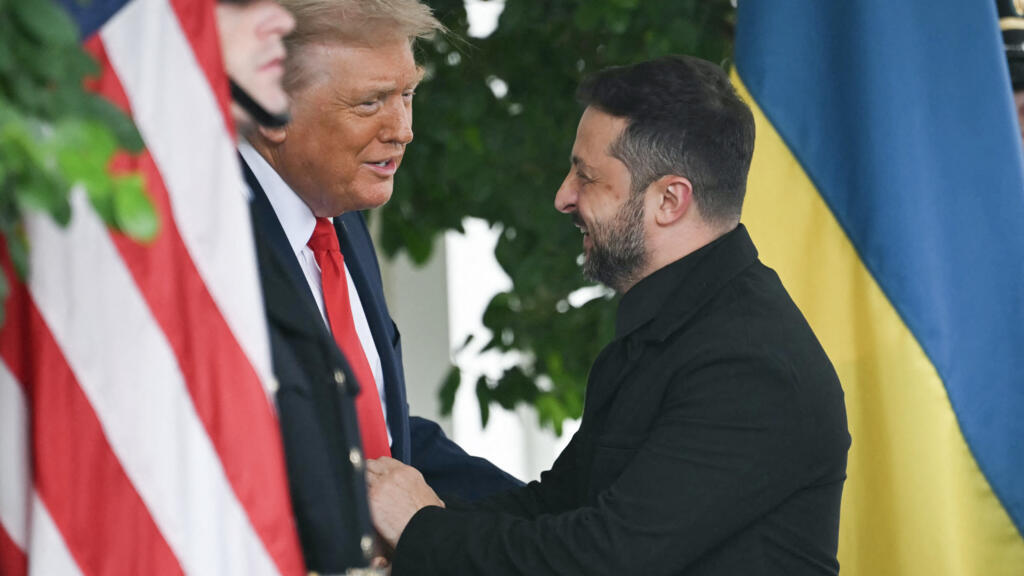Macron Critiques Putin's Behavior Amidst Ongoing Tensions
In a recent interview with the French television station LCI on Tuesday, French President Emmanuel Macron conveyed a stark message regarding Russian President Vladimir Putin. Describing him as “a predator” and “an ogre at our gates,” Macron emphasized the aggressive nature of Putin's regime and the broader implications for Europe and world stability. This characterization reflects the growing concerns among European leaders about Russia's actions, particularly in relation to Ukraine.
Macron highlighted that Putin's survival is contingent upon continued aggression, suggesting that the Russian leader “needs to keep eating” to maintain his power. This metaphor indicates that Putin's strategy relies on asserting dominance and pursuing territorial ambitions, primarily in Ukraine, which raises alarms among Western nations. The situation is increasingly viewed as a struggle not just for territorial control but also for the principles of sovereignty and democracy in Eastern Europe.
Amid these tense narratives, Macron proposed the possibility of a future meeting between Vladimir Putin and Ukrainian President Volodymyr Zelensky. He mentioned Geneva, Switzerland, as a potential venue for such discussions. The suggestion of Geneva, a city synonymous with diplomacy and negotiation, underscores an ongoing hope for a diplomatic resolution to the Ukraine crisis. Macron emphasized the importance of dialogue to address the ongoing conflict, despite the stark criticisms he has levied against Putin.
The comments come at a critical juncture as Europe continues to grapple with security concerns emanating from Russia's continued military engagement and its impacts on neighboring countries. Leaders across Europe are united in their stance against aggression, while also navigating the complexities of engaging with a leader who is perceived as increasingly isolated but still powerful.
Macron’s remarks are part of a broader narrative among Western leaders, who are evaluating their strategies in light of Putin’s actions. This includes increasing sanctions, military aid to Ukraine, and bolstering NATO's eastern flank. The interplay of military preparedness and diplomatic outreach is central to the current strategy adopted by Western nations, as they seek to counter Russian expansionism.
As the situation evolves, the international community watches closely for any signs of change in Russia’s posture. The idea of a meeting in Geneva suggests a willingness on Macron's part to seek resolution, yet it also highlights the fundamental challenges of negotiating with a leader perceived as unpredictable and aggressive. The complexity of these dynamics reflects both the urgency and difficulty of resolving an intricate geopolitical crisis that has led to significant humanitarian consequences.
In conclusion, Macron’s comments encapsulate the heightened tensions surrounding Russian actions, particularly in Ukraine, and the need for a multifaceted approach to engage with such a significant global challenge. The proposal for future dialogue is a reminder of the essential work still needed to navigate towards peace and stability in Eastern Europe.












